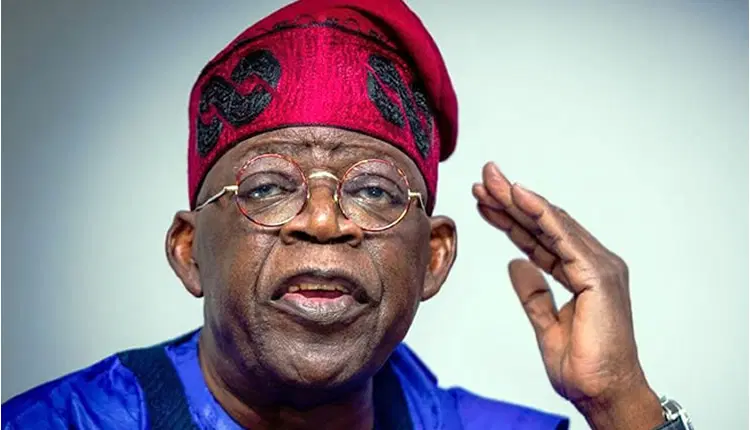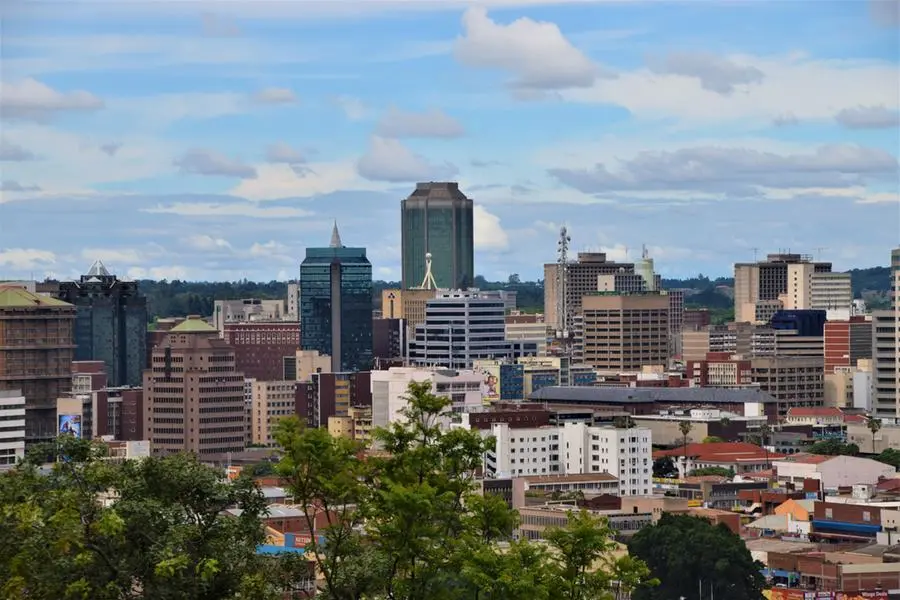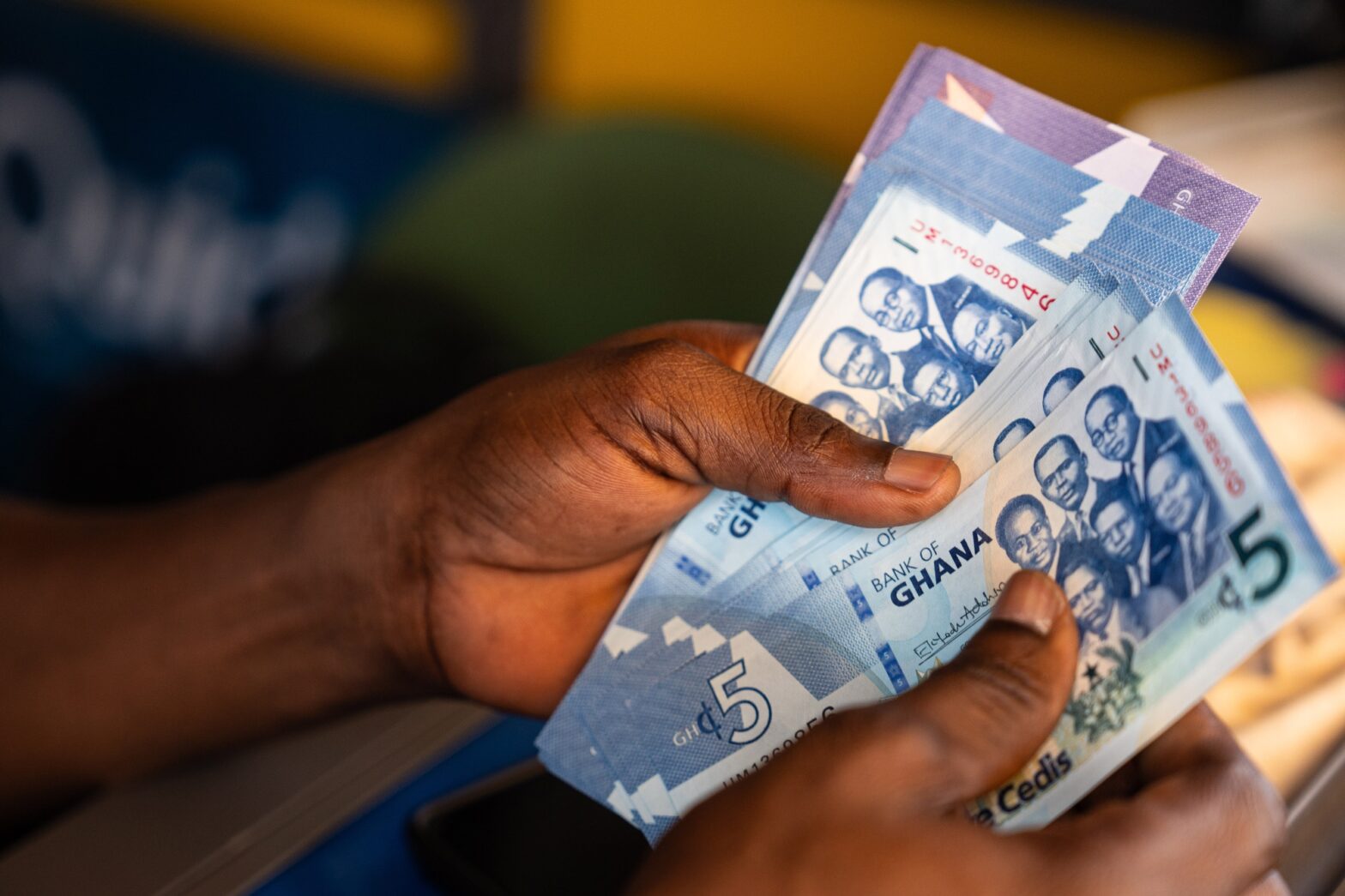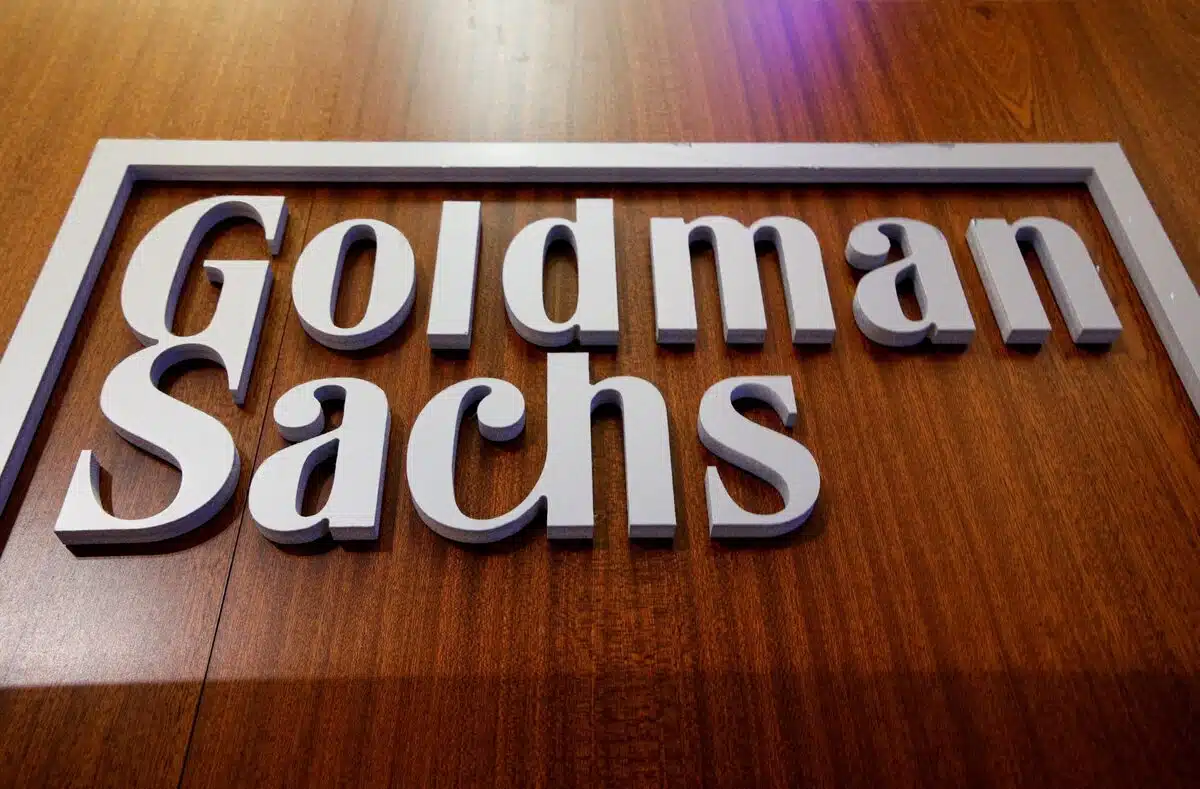Nigeria’s Senate has approved President Bola Tinubu’s borrowing plan totaling over $21 billion for the 2025–2026 fiscal period, clearing the path for the full implementation of the 2025 Appropriation Act and key infrastructure investments.
The approved plan comprises $21.19 billion in external borrowing—broken down into $5.39 billion, $2.09 billion, a $65 million grant, and $494.23 million in domestic bonds. It also authorizes the issuance of an additional $2 billion in local foreign-currency-denominated instruments.
One of the headline allocations is a $3 billion investment earmarked for reviving the long-neglected Eastern Rail Corridor, which spans from Port Harcourt to Maiduguri.
Jibrin Barau, deputy senate president, praised the geographical balance of the borrowing strategy, saying, “This shows that the Renewed Hope Agenda is working. No region is left out.”
The Senate’s approval followed the presentation of a report by Senator Aliyu Wamakko, Chairman of the Senate Committee on Local and Foreign Debt. He noted that the original proposal, submitted on May 27, had faced delays due to documentation gaps and a recess at the Debt Management Office.
Senator Olamilekan Adeola, chairman of the Senate Appropriations Committee, confirmed that the borrowing plan had already been incorporated into the 2025 Medium-Term Expenditure Framework (MTEF) and the national budget. “With this approval, all funding sources—including loans—are now in place to fully implement the 2025 budget,” he said.
The MTEF serves as a multi-year fiscal planning tool, aligning national priorities with budgetary strategy over a five-year horizon.
With Senate endorsement secured, attention now shifts to the effective disbursement and monitoring of loan usage as Nigeria seeks to deliver on ambitious development goals while facing persistent debt sustainability concerns.
In February, the National Assembly approved Nigeria’s 2025 budget, increasing it by $477.1 million to $54.9 billion—up from the $54.2 billion initially proposed by President Tinubu. Lawmakers cited the need to accommodate “critical spending” excluded from the original submission.
Of the total budget, a significant $9.51 billion is allocated to debt servicing, underscoring the growing fiscal pressure from Nigeria’s rising public debt.










